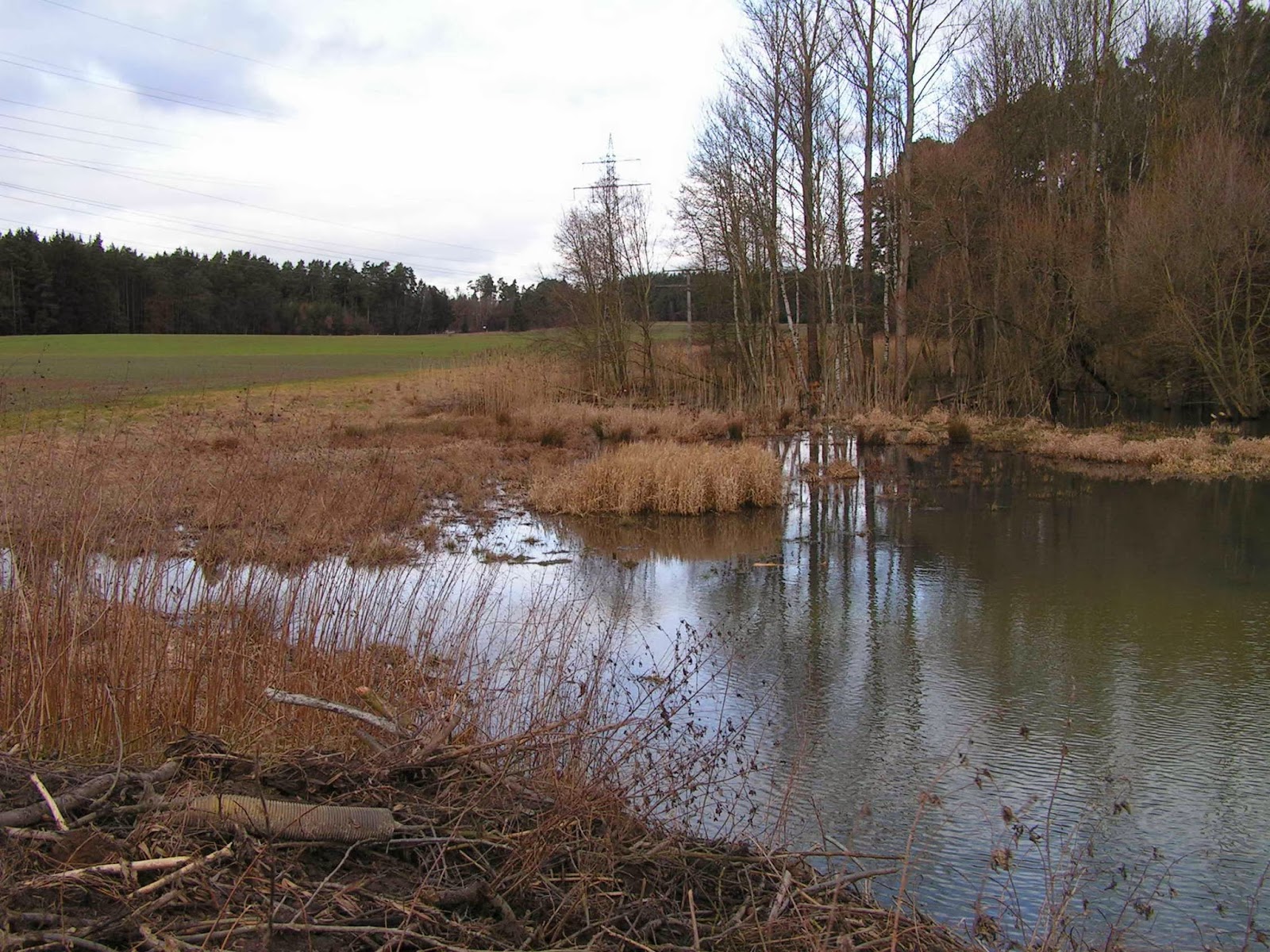My Manifesto: An Economy For the People and Planet
Find the Key to Unlock Peace, Prosperity & a Thriving World
My argument is that the intersection of Rewilding, Georgist economics (Geoism), and peace rests on a profound, underlying truth: the current global system suffers from a single “hidden defect” that simultaneously fuels ecological destruction, drives deep poverty, and acts as the fundamental cause of conflict.
The fundamental defect in our ‘free market’ economy is this: we can only achieve a truly free market if it is free from both monopoly (the unfair extraction of wealth from others) and externalities (the harm and theft imposed upon others).
Does this make me a radical free-market purist? Does it mean I believe socialism is inherently bad? No. My understanding of the natural world suggests that nature doesn’t thrive because of communism or capitalism, but rather when there is a force that actively prevents harm to it.
Countries as diverse as Japan, Hong Kong, Botswana, and Taiwan all utilise some form of Land Value Tax. Regardless of other factors influencing conservation, this policy has incentivised them to disincentivise the destruction of nature. Conversely, some communist countries, such as Cuba, also boast outstanding levels of nature conservation.
But England is different. We are well on our way to becoming one of the most nature-depleted countries in the world. Is there a common factor that we can identify to explain this mystery?
This defect, in my opinion, is the private appropriation of economic rent—the publicly created value of land and natural resources—which I refer to as the “tragedy of the privates”. I believe that transforming this flawed economic structure through Georgist reforms, primarily a Land Value Tax (LVT), is the essential prerequisite for achieving large-scale rewilding and securing lasting peace and prosperity for mankind.
1. The Engine of Poverty and Instability: Predator vs. Producer
I see modern society as being divided into two competing forces: the Producer Culture (those creating wealth through labour and capital) and the Predator Culture (those extracting wealth through monopolistic ownership of land and resources).
Economic Rent and Inequality
Economic rent is the unearned surplus value derived solely from owning a finite natural resource, like land. It is entirely distinct from wages (the return on labour) or profit (the return on capital). This value is created not by the individual landowner, but by the presence and collective activity of the entire community—think of public investments in roads, schools, and infrastructure.
When this community-created value is privately captured, it leads directly to endemic poverty and systemic inequality.
Pauperisation: As civilisation progresses and land values rise, the benefits are intercepted by landowners in the form of higher rent. This process widens the gap between the rich and the poor, forcing wages down to a mere subsistence level.
Economic Strangulation: The pursuit of unearned income through land speculation drives financial instability, creating predictable boom-and-bust cycles. This speculation makes land so expensive that capital is diverted away from productive investments (such as new businesses and innovation) and towards paying inflated rents and housing costs. The resulting high costs suppress jobs and create poverty, especially as tax systems often compound this issue by taxing productive activities (wages and profits) instead of land rents.
2. High Rents, Marginal Land, and Environmental Destruction
The highly inflated cost of land acts as the fundamental barrier to large-scale rewilding initiatives. Our current economic structure systematically rewards landowners for environmental destruction and punishes those who try to protect nature.
Driving Production onto Marginal Lands
High land costs, driven by speculation and subsidies, distort the boundaries of economically viable production. This is central to my understanding of David Ricardo’s Law of Rent.
The Role of Subsidies: Agricultural and agri-environment subsidies effectively shift the “margin” of economic viability, encouraging farmers to expand their activities onto more land. Marginal land (e.g., steep hills, poor soils, wetlands) that would naturally command zero economic rent is brought into intensive production solely to capture public money.
Collateral Damage: By subsidising the use of these marginal areas, we create a perverse incentive to push the margin of production out to the most unforgiving, wild, and inaccessible landscapes, leading to the destruction of nature there. These subsidies ultimately inflate land rents and prices, failing to secure genuine environmental results. I have noted that money raised to protect nature often paradoxically contributes to raising land prices, thereby funding the destruction of nature elsewhere.
The Destruction of Natural Capital: Forcing intensive farming onto unsuitable land causes profound ecological damage. The desolation of hard-to-farm areas illustrates how conservation has become a mechanism for landowners to extract rent from the taxpayer to occupy land that is otherwise an ecological barren or “agri-desert”.
The Use of Environmentally Unfriendly Natural Resources
The desperate attempt to make marginal land viable, coupled with the systemic failure to internalise environmental costs, compels producers to engage in destructive and resource-intensive practices:
Soil Carbon Release: To farm wetlands and peat basins, water must be pumped out. This drainage causes the soil (which holds the majority of actively cycling carbon) to oxidise, collapse, and release stupendous amounts of $\text{CO}_2$ into the atmosphere. Peatlands, the champion carbon stores holding up to 5,000 tonnes of carbon per hectare, are systematically destroyed through drainage and burning.
Pollution and Externalities: Since taxes are levied on labour and income rather than on externalities like pollution, there is no inherent incentive for farms or water companies to treat waste. This results in sewage and agricultural effluent severely polluting our rivers.
Water Misuse: In arid regions, inherited water rights and subsidies lead to the perverse use of water on crops that are highly demanding, such as rice fields in California, demonstrating an inefficient use of a vital natural resource.
Global Resource Consumption: The quest for cheap meat for Western consumption drives the destruction of tropical rainforests for producing resource-intensive feedstuffs like soya and palm oil. I describe this consumption pattern as a “lifestyle choice at the expense of the environment”.
3. The Geoist Solution for Rewilding and Resource Efficiency
I propose Geoism, anchored by the Land Value Tax (LVT) and corresponding externality taxes, as the mechanism to reverse these destructive incentives.
LVT Reverses Incentives: LVT would tax the unimproved rental value of land. This tax cannot be passed on to tenants because rent is already maximised by market competition. Instead, the tax must come out of the idle landlord’s unearned income.
Unleashing Rewilding: The LVT discourages sterile land speculation and encourages investment in productive enterprises. When the tax is levied regardless of use, holding unproductive marginal land simply becomes too costly. This economic pressure naturally forces sub-marginal farms to give way to wildlife, allowing vast tracts of land to rewild themselves passively at no cost to the taxpayer.
Restoring Ecosystem Services: Rewilding restores critical ecosystem services that address current crises: floodplains absorb water (Natural Flood Management), and peatlands and wet woodlands sequester colossal amounts of carbon, reducing atmospheric CO2
Internalising Costs (Externality Taxes): By implementing simple resource rents and externality taxes (like a carbon tax at source or a pollution charge), the true cost of using finite resources and polluting the commons is internalised into economic activity. This incentivises businesses to innovate, use fewer resources, and adopt greener practices, making every entrepreneur a “capitalist for saving the world”. Imagine if the force of the free market was turned to finding the solutions to resource efficiency instead of profiting from loopholes and corruption.
4. The Economic Foundation for Peace
I view the quest for peace not merely as a political or military issue, but as a crisis rooted in economic pathology.
Land and Conflict: I see property rights as being “at the heart of most conflicts within human societies,” driven by the pursuit of appropriating land and the natural resources on it to capture economic rent. This privatisation of the commons establishes a culture that systematically abuses the natural environment and leads to social violence.
Modern Warfare: Conflicts like the war in Syria can be traced back to dysfunctional land practices, climate factors (drought, high temperatures), and the poor allocation of water and grazing rights, which displaced 1.5 million farmers and fomented civil unrest. Furthermore, interventions in these crises are often backed by those seeking to profit from the “spoils of war,” such as control over oil.
Geoism as a Peace Strategy: The remedy is to remove the economic incentive for warfare by redistributing resource rents on a democratic basis. By eliminating the monopoly that one group can hold over essential natural resources, the rationale for fighting over them is removed. This fiscal policy transforms citizens into “stewards of nature, stewards of peace,” simultaneously reducing poverty, alleviating mass migration pressure, and ridding society of the horrors suffered by refugees.
My holistic vision, therefore, views Rewilding, Georgist economics, and peace as three inseparable facets of a single societal transformation. Just as a plant needs healthy soil, sunshine, and space from competition to flourish, society needs economic reform (LVT) to provide the healthy foundation (access to resources, low poverty), which in turn allows nature (Rewilding) and humanity (Peace) to thrive together by removing the parasitic burden of privatised resource rents.




Comments
Post a Comment